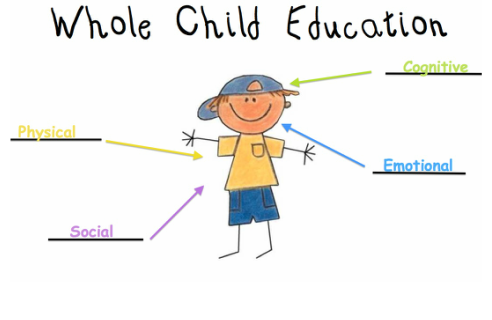
As the Houlton staff has been working through the process of creating an action plan from the staff survey results, there have been several conversations about having the freedom to respond to students as needed, even though this might cause one to veer from the district"guarantees". The article below contains the scientific evidence supporting the importance of a "joyful learning environment", supporting the decision to take time to give students what they need. I'm sharing this information this week as we finalize our action plan, and as we plan for our "Day of Learning" on Friday. I hope staff feel supported to make decisions that they feel are in the best interest of our students, to give them what they need to learn and grow to their full potential. This isn't the end of the conversation by any means, but certainly a beginning, as we expand the permission to make decisions for students, and expand our toolbox of strategies from which to draw.
Thank you for your focus on what's best for our students!
The Neuroscience of Joyful Education
Judy Willis, Educational Leadership, 2007
Brain research tells us that when the fun stops, learning often stops, too. Neuroimaging and neurochemical research support an education model in which stress and anxiety are not pervasive (chugani, 1998 Pawlak, Magarinos, Melchor, McEwan, & Strickland, 2003). This research suggests that superior learning takes place when classroom experiences are enjoyable and relevant to students' lives, interest, and experiences.
Many education theorists (Dulay & Burt, 1977; Krashen, 1982) have proposed that students retain what they learn when the learning is associated with strong positive emotion. Cognitive psychology studies provide clinical evidence that stress, boredom, confusion, low motivation, and anxiety can individually, and more profoundly in combination, interfere with learning (Christianson, 1992).
Classrooms can be the safe haven where academic practices and classroom strategies provide students with emotional comfort and pleasure as well as knowledge. When teachers use strategies to reduce stress and build a positive emotional environment, students gain emotional resilience and learn more efficiently and at higher levels of cognition.

No comments:
Post a Comment
Note: Only a member of this blog may post a comment.